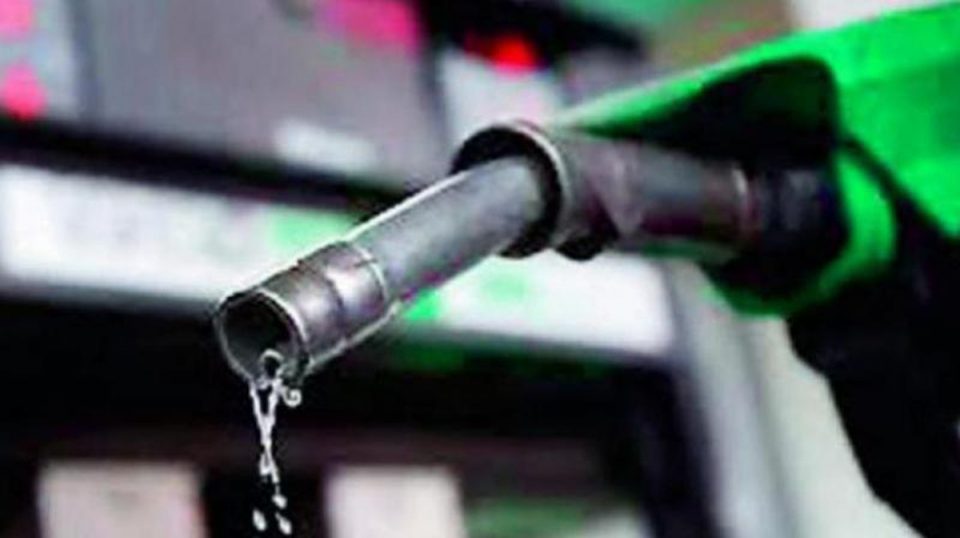The outlook for petroleum products supply in Nigeria is bleak as foreign exchange scarcity continues to hamper importation by private marketers, a new report by Cordros Capital Limited has said.
The report, which was released on Wednesday, said the liberalisation of petrol pump price announced in March 2020, in the face of the COVID-19-induced oil price collapse would have marked the turning point for oil and gas marketers.
The Cordros Capital analysts said the enforced price ceiling on Premium Motor Spirit had been the prime factor driving revenue lags.
They said, “We note that the price liberalisation witnessed in 2020 had started to bear fruits as the margins of sector players, which was historically subdued, inched higher.
“However, due to kickbacks from labour unions, considering the already pressured consumer wallet, the government cannot entirely remove its hands from the products’ price. Thus, PMS pump prices currently do not reflect the higher crude oil price in 2021.”
The analysts said complete deregulation would attract the capital for investments needed to revamp the downstream sector, adding that funding for investments such as the rehabilitation and maintenance of refineries, pipelines, depots, among others, would be easy to obtain.
According to the report, existing industry players and even new entrants will be able to operate/come into an environment where they can strategise for the long term and exploit Nigeria’s fast-growing logistics demand, population and urbanisation trends to drive the consumption of transport fuels.
The report said, “The outlook for supply is bleak, as the existing foreign exchange illiquidity issues mean that oil and gas marketers would have to continue to rely on the NNPC for the majority of their products, at least until 2022 when the Dangote refinery begins operations.
“Considering that NNPC operates a ‘cash and carry’ model in its sale of products to the marketers, there is an added layer of pressure on the downstream companies, as they may have to incur debt (or more debt) to facilitate their transactions with the NNPC.”




